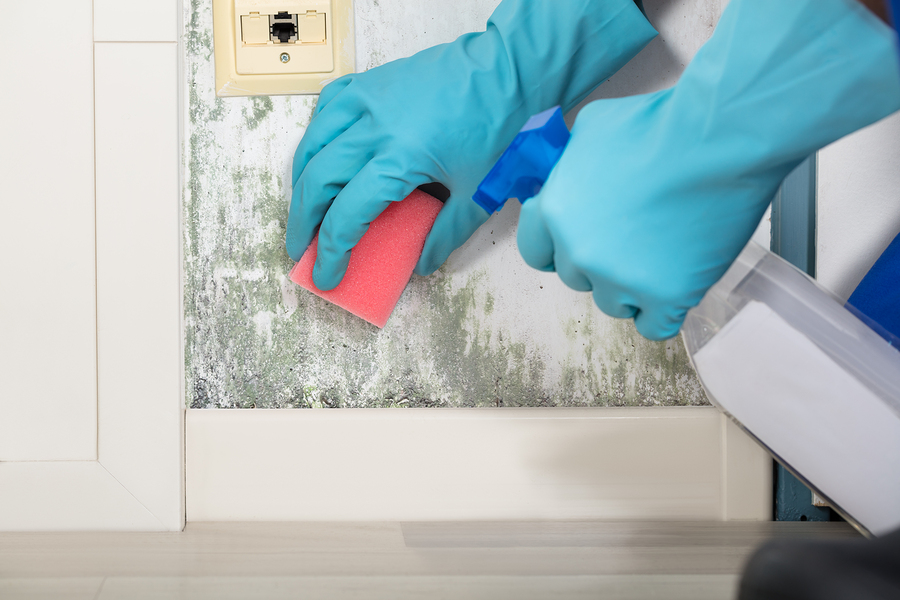Mold and Rental Properties in New Jersey
Mold and Rental Properties in New Jersey – If you own or manage a rental property in New Jersey, you need to take special consideration when it comes to the presence of mold. This is a big environmental hazard even though it may seem harmless. Mold loves warm, damp places, and will grow quickly in bathrooms, basements, and attics – anywhere that has poor ventilation or humidity issues. From spills to plumbing leaks, mold can thrive pretty much anywhere. And when you manage a building of several units, you never know what could be growing!
You could be facing costly clean-ups and repairs, so know your rights and responsibilities, and take a proactive approach to mold.
Self-Help Strategies
There are a couple of ways your tenants can react to mold in their apartments. First, they can engage in “rent withholding,” which means they will simply stop paying their rent because they believe their apartment is no longer safe due to mold. Second, they can claim “repair and deduct,” which means tenants will remove the mold on their own and then deduct that cost from their rent.
Landlord Liability
With no federal law covering a landlord’s responsibilities at this time in regards to mold, there are also no laws that address your duty or liability in terms of mold prevention and remediation. Be aware, though, that your tenants may come after you in court to recover damages so they can be compensated for their loss. If you are found to have been negligent in causing or allowing the mold problem to proliferate, you could be held financially responsible.
Mold Disclosure Requirements
New Jersey does not currently require landlords to tell potential buyers or tenants of possible high concentrations of mold in rental properties. They must, however, make prospective tenants aware that the property is in a flood zone. It’s interesting to note that federal law requires landlords to disclose information about lead paint, but not mold.
Regardless of the law, you as a landlord should be prepared to address any questions from potential tenants on the issues about plumbing, humidity, and ventilation throughout the rental property when you list it.
More information on landlord disclosure requirements in New Jersey can be found here: New Jersey Required Landlord Disclosures.
Deducting Costs from Security Deposits
You may rent an apartment to a tenant with no known mold problems, but when they leave, you notice they have left a mold problem behind. You can legally deduct the cost of mold detection and removal from their security deposit. You must provide a written explanation of the mold damage costs within one month of their lease termination. You still must return the rest of their deposit if the amount is less than the security deposit amount.
Want to know more about mold inspection and testing, and your rights as a landlord in New Jersey? Call the specialists in mold testing: Stock Environmental Consulting at 732-383-5190.




